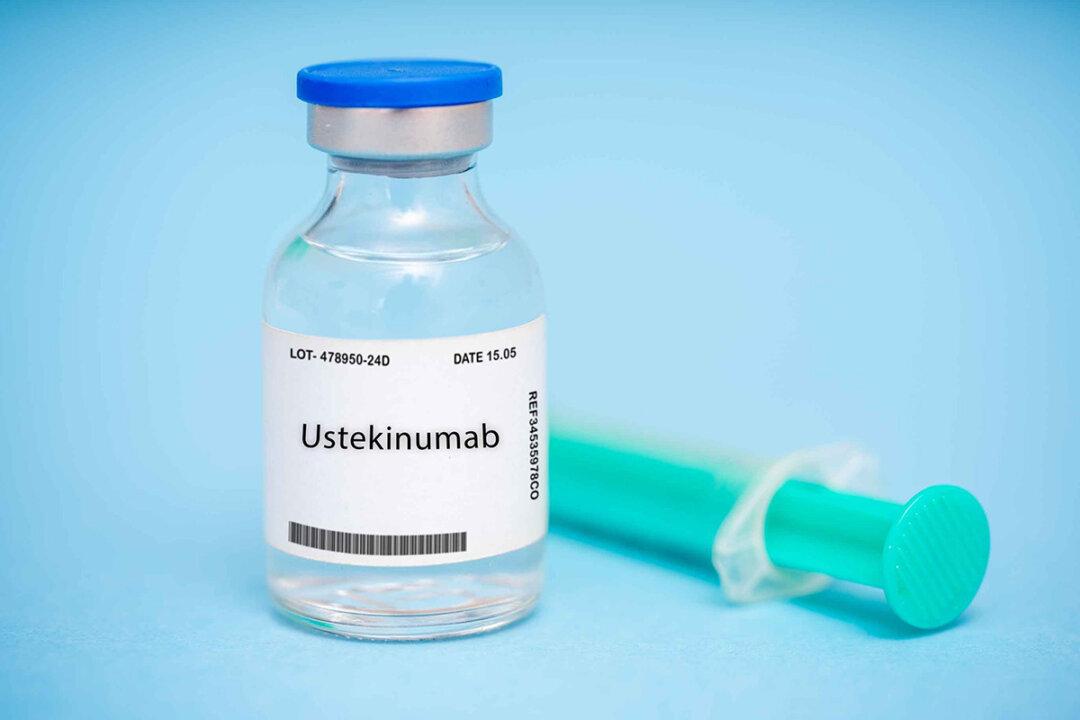People who have difficulty building immunity from COVID-19 vaccines now have a new medication to turn to for help.
What is Pemgarda?
Pemgarda, whose main ingredient is pemivibart, is a long-acting monoclonal antibody authorized for people aged 12 years and older with moderate-to-severe immune compromise resulting from a medical condition or immunosuppressant medications.- Those actively receiving treatment for solid tumors and hematologic malignancies
- People with different types of leukemia, organ transplant recipients who may be taking immunosuppressive therapy
- Patients who have received CAR-T-cell or hematopoietic stem cell transplants
- People with advanced or untreated HIV
- Patients undergoing active treatment with high-dose corticosteroids
How It Works
A dose of 4,500 mg of Pemgarda is administered as a single intravenous (IV) infusion. It works by blocking the virus from attaching and entering human cells, thereby neutralizing it.The medication is not intended for use after a person has been diagnosed with COVID-19 It is also not meant as an alternative to COVID-19 vaccinations, according to Dr. Patrizia Cavazzoni, director of the Center for Drug Evaluation and Research at the FDA.
Side Effects
The FDA warns that the medication comes with side effects. Some of the most common include:- Hypersensitivity reactions
- Infusion-related reactions (flushing, rash, fever, chills)
- Fatigue
- Nausea
- Headaches
Pemgarda should only be administered in medical settings where health care providers have immediate access to medications that can counteract and treat anaphylaxis, as well as the ability to activate an emergency medical system, according to the FDA. Patients should be monitored during the entire 60-minute infusion and for at least two hours after the infusion is complete.
People interested in taking Pemgarda should consult with their medical health professional.






